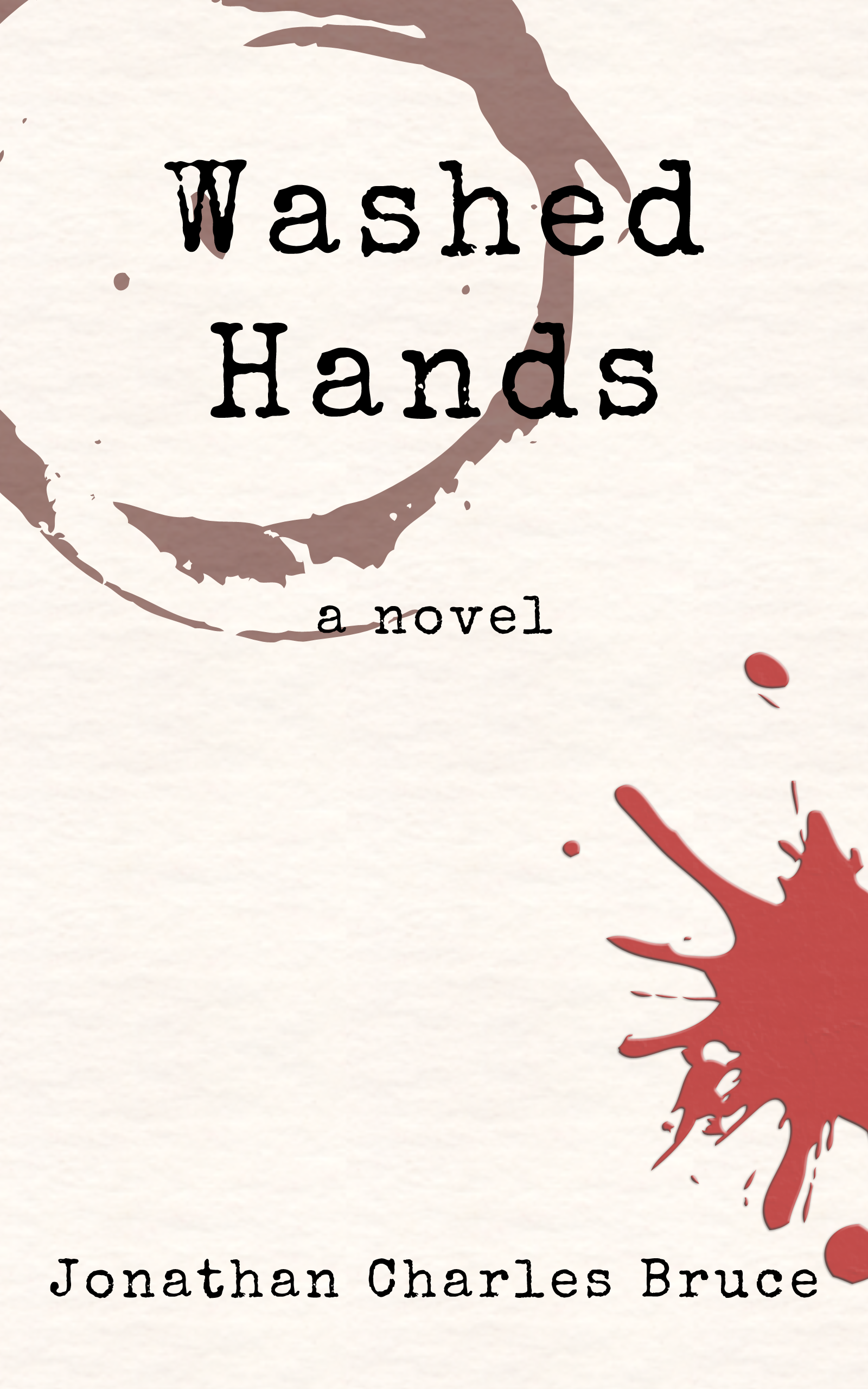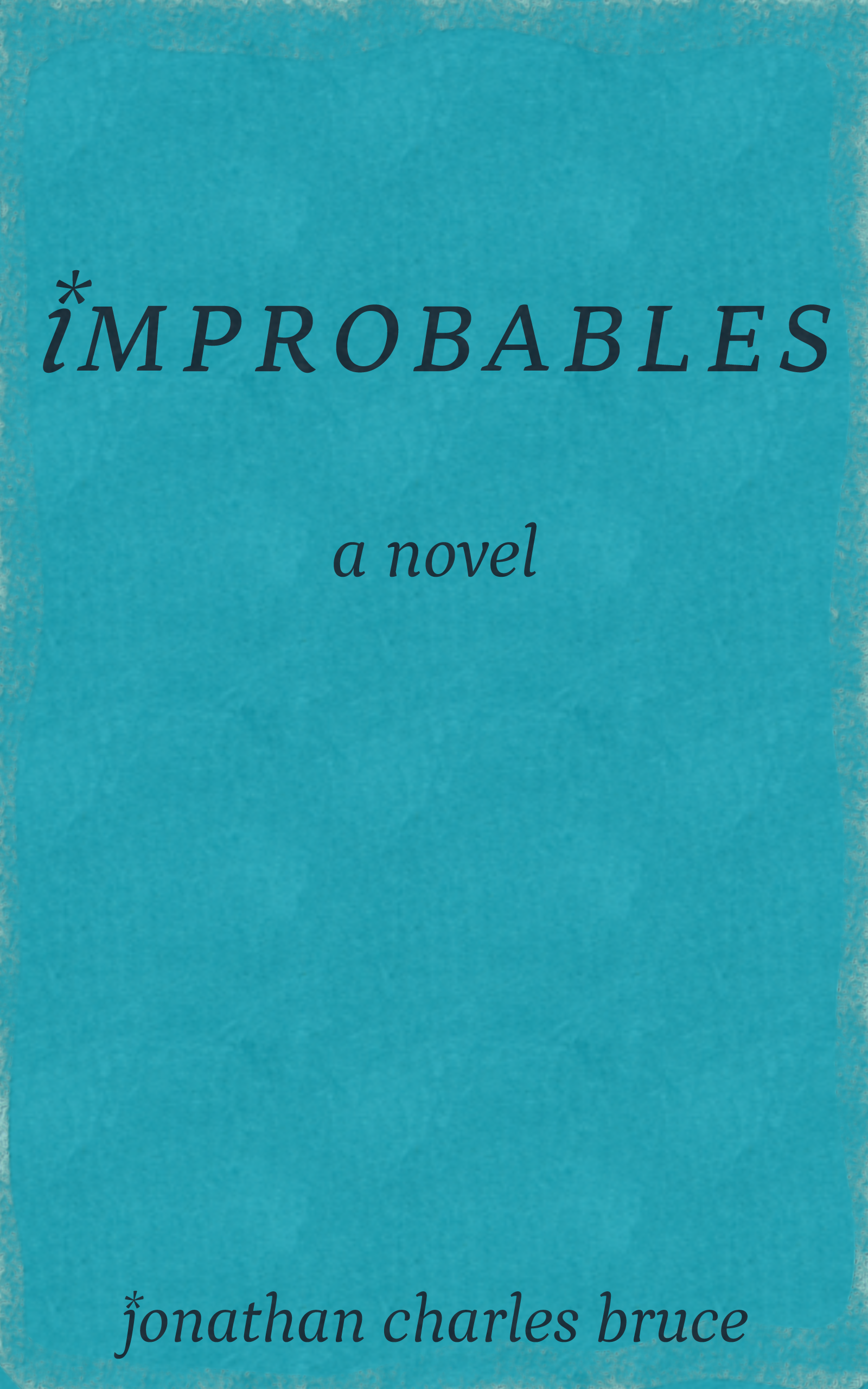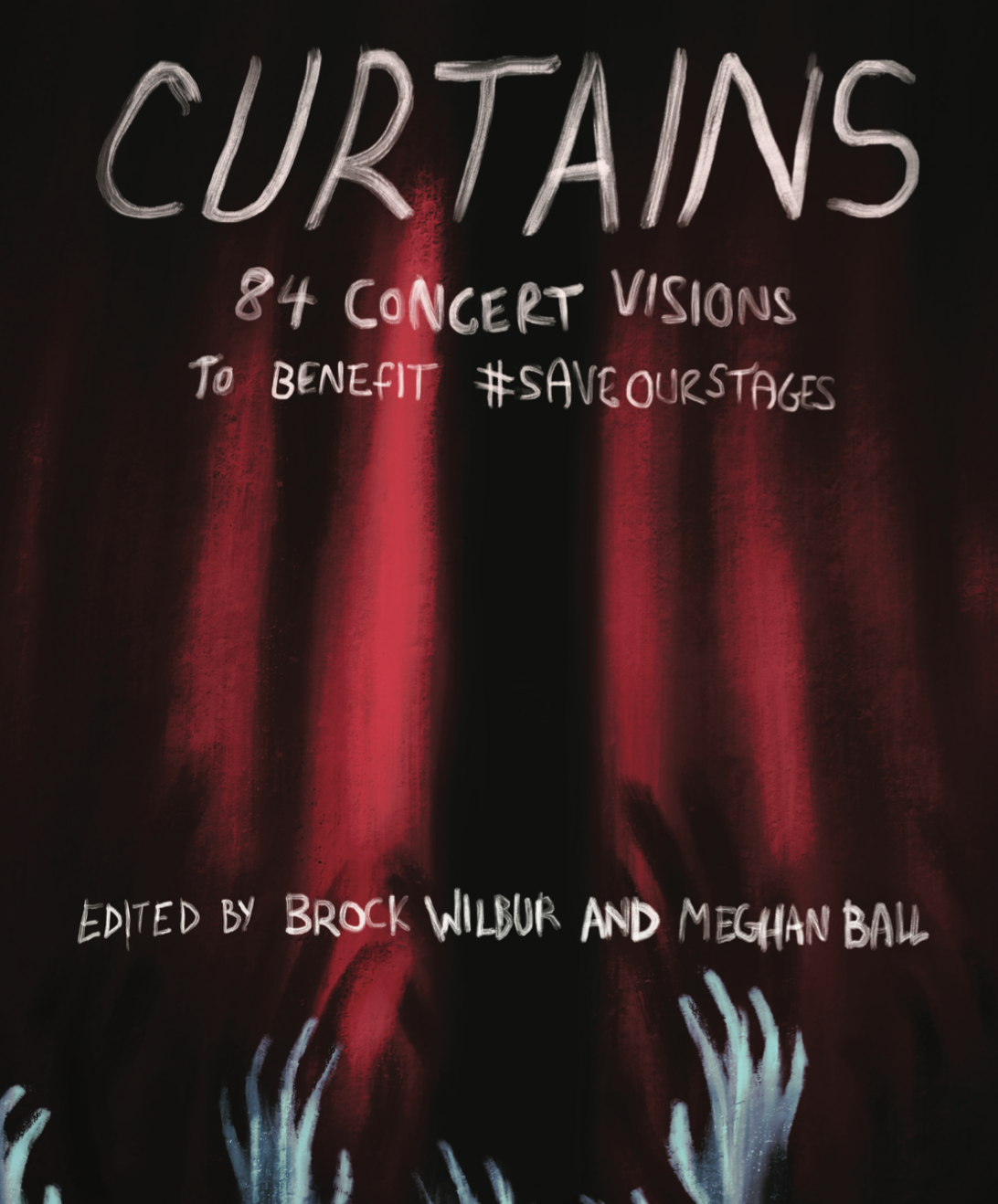A Review of Reviewing Things
The other weekend, my ladyfriend and I were over at her parents’ house. As luck would have it, they were serving lunch and were trying a new variety of meat stuffed with something which normally goes unstuffed into meats – in this case, cheese and green peppers rammed into a brat. After eating, the question came around to rating the food on a scale of one to ten. Things were not looking too well for the intestinal casing packed with heart attack bait, as the general score was a four. Then, it was my turn. I shrugged and gave a modest seven as my verdict.
The cook was taken aback. “That high?” he scoffed disbelievingly, as though I had voted to let the neighborhood nudist babysit my (imaginary) children for the weekend. I quickly reminded him that I’m used to grading papers and exams - a seven out of ten is a C-/D+, the equivalent of “Well, you technically passed but you’re not going to be happy about it.” The food in question didn’t kill me directly but I would probably never seek it out again unless the grease could somehow cure diseases.
This brings me around to my actual point, which Ben “Yahtzee” Crowshaw sums pithily in response to a dipshit at about 2:05 into the video:
The Escapist : Zero Punctuation : Mailbag Showdown
Just about anything can generate an opinion, and those opinions tend to be complex and worthy of a fairly decent writeup provided they don’t end up into racist/misogynist dribble. I guess worthy criticism, where someone takes time to think through the various aspects of a piece of art, is probably going to be longer than shorter. And you know what? I’m fine with that. The thing I’m not fine with is the apparent need to slap a score on the end. Just because you can slap a number on the end of it doesn’t mean you should.
This isn’t to say that things shouldn’t be criticized. No, I want things to be critically analyzed until they’re begging for mercy. No, this is about pretending you’re a disapproving teacher and taking your ideas and distilling it to a – and let’s be honest here – entirely arbitrary number.
I mean, I get why critics do it – they fear that the average person has the attention span of a cocaine addled six year old with ADHD. In some cases, its also a necessity of the piece they are writing. Take the unbridled book vs. movie series of deathmatches that is twentyfourpages.com. At the very end, a winner is declared. But the far more important and useful thing that is going on is the comparative analysis. The point is that, in the vast majority of reviews that the world has to offer, the score at the end is only really used for the lazy and stupid.
And you know what? I’m not sure who to blame for this, but movie critics seem like a good target of opportunity. Because some dink decided that films were the harbingers of an exciting new stage of human evolution where the written word would wither and fall off in favor of pretty pictures, the need for quickly ascertaining something’s worth without learning to read was deemed a vital necessity. As such, the number of stars were able to transmit such imperative information. Decades later, language has proven to be doggedly unwilling to fuck off and die and we’re still stuck in this awkward phase of having to read people’s opinions and somehow having a bullshit arbitrary grading scale stapled to the end of it.
You know. For morons.
“But Jonathan!” you cry, staggeringly unwilling to see the flawless rationale behind my condemnation of insipid practices. “My brain has atrophied from years of Internet use and masturbatory instant-gratification style adventures. How else can I be expected to keep up with what others tell me I will like?”
Here’s the problem with your defense – this practice was in use long before the Internet. Hell, the dearly departed Roger Ebert was cranking out one-half-to-four star scores for movies for over half a century. I refuse to believe that anyone’s life is so full to the brim that they can’t sit down and digest a critical analysis of something. And if it is, why even read reviews for something you couldn’t possible have the spare time to sit down and enjoy anyway? It sounds to me that any justification for it goes right out the window because the people making it want me to think they’re too good to read fucking words like a normal person.
But even beyond that, there’s a far more irritating aspect about this: you can’t judge every piece of art by the same metric. You just can’t do it. Here’s what happens when you try. For those of you who are afraid of any website that isn’t mine, a chap hit upon a tremendous idea of reviewing a movie – in this case, World War Z – in the same vein as how some/most game critics go about reviewing games. It goes about as well to be expected (hilariously) and he brings up a lot of valid criticism on criticism in general. But the overall point is that even within the same general confines of different kinds of art, genre conventions defy being roped and graded together.
As I mentioned in my rant about memes and Twilight, you can’t fairly judge a romance novel – no matter how insipid – using the same metric that you would a thriller. Now, you can critically compare the two, by all means, but if a reviewer loves romance and hates fantasy, don’t expect them to think that Lord of the Rings was a better film than, say, 27 Dresses. On the other hand, someone like me – a man who generally thinks that romantic comedies are anti-woman shit factories designed to browbeat people into accepting a certain lifestyle – would sooner watch 28 Days Later over whatever celluloid ‘romantic’ vomit has been recently puked up.
So here’s the rub: critical reviewing is almost invariably going to be subjective. And you can almost never have uniform agreement among your reviewing team. As such, any score you give is going to be fundamentally broken. With my background in academia, anything below a 70% is viewed as just increasing levels of unplayable/watchable/readable shit. After all, a 75% is “average,” so it follows that anything lower is not worth your time. Others, however, might believe something has merit as long as it has over 50% – just look at the pure number of two starred movies on Ebert’s site – I’m sure a good portion of them have middling praise or are even ones that you personally treasure (I’m looking at you, Die Hard). And god help you if your reviewer is one of those paranoid lunatics who thinks anything below an A in school meant you were destined to drown in a sewer.
That’s the reason why my reviews – whether soaked in bile or a thinly-veiled love letter – don’t slap a letter grade or a percentage at the end. I find it impossible to be able to condense my thoughts into a single number, especially when different things are important to different people. I absolutely despised God of War III for the childish, self-indulgent, melodramatic, squishily controlled claptrap that it was. I am, however, in the minority. But I can’t give it an F or a 50 because it doesn’t accurately capture why I thought it was a waste of time. It just exists, floating there.
Ladies and gentlemen, there is no objectivity when it comes to entertainment. A game can play like shit but still be a magical pile of wonderful, like Silent Hill 2. Alternately, a game can be technically competent but lack anything remotely engaging, like Dead Space 2. A movie can have a fantastic soundtrack and have millions upon millions of dollars backing it up only to end up with garbage writing and acting which makes it impossible to engage with, like The Phantom Menace. Or a movie can be low budget and awkward but still endearing, like The Evil Dead. To put it in less specific terms, art can do everything in its power to be as objectively perfect as possible but still leave some feeling disconnected. And sometimes things that make so many missteps you’d think they were entirely comprised of fallen-arched left feet can make an audience member jump out of their seat and ask for more. As such, trying to put a number or a grade at the end smacks of insincerity – numbers have the allure of objectivity, but they are generated by a human and human beings are fickle creatures.
And before anyone pounces on me that, as a person who has (well, aspires to have) a career based upon assigning grades to people’s work, let me explain that an academic paper has certain expectations that need to be met. My personal tastes and preferences mean nothing so long as the assignment parameters are achieved. Unlike art, the goals are laid out and if the student meets them, great. How well they meet or exceed those goals are the difference between an A and F. Art does not have that, as it is supposed to be creative. It may not work, but you have to understand why for it to make any goddamn sense.
The thing is that unless you can articulate the difference between an 85% and an 86%, forgo the rigid rating scale. It’s annoying, stupid, and does no one any favors. Asking people to read is not the cruelest thing you can do to someone, and it’s well beyond the point that we, as a society, stop enabling the attitude that people are hyperactive dipshits who need to have things spoon-fed for them lest they go out and brain themselves on a basketball.
< PREVIOUS ENTRY • NEXT ENTRY >
Advice • Fiction • Gaming • General Musings • Reviews





